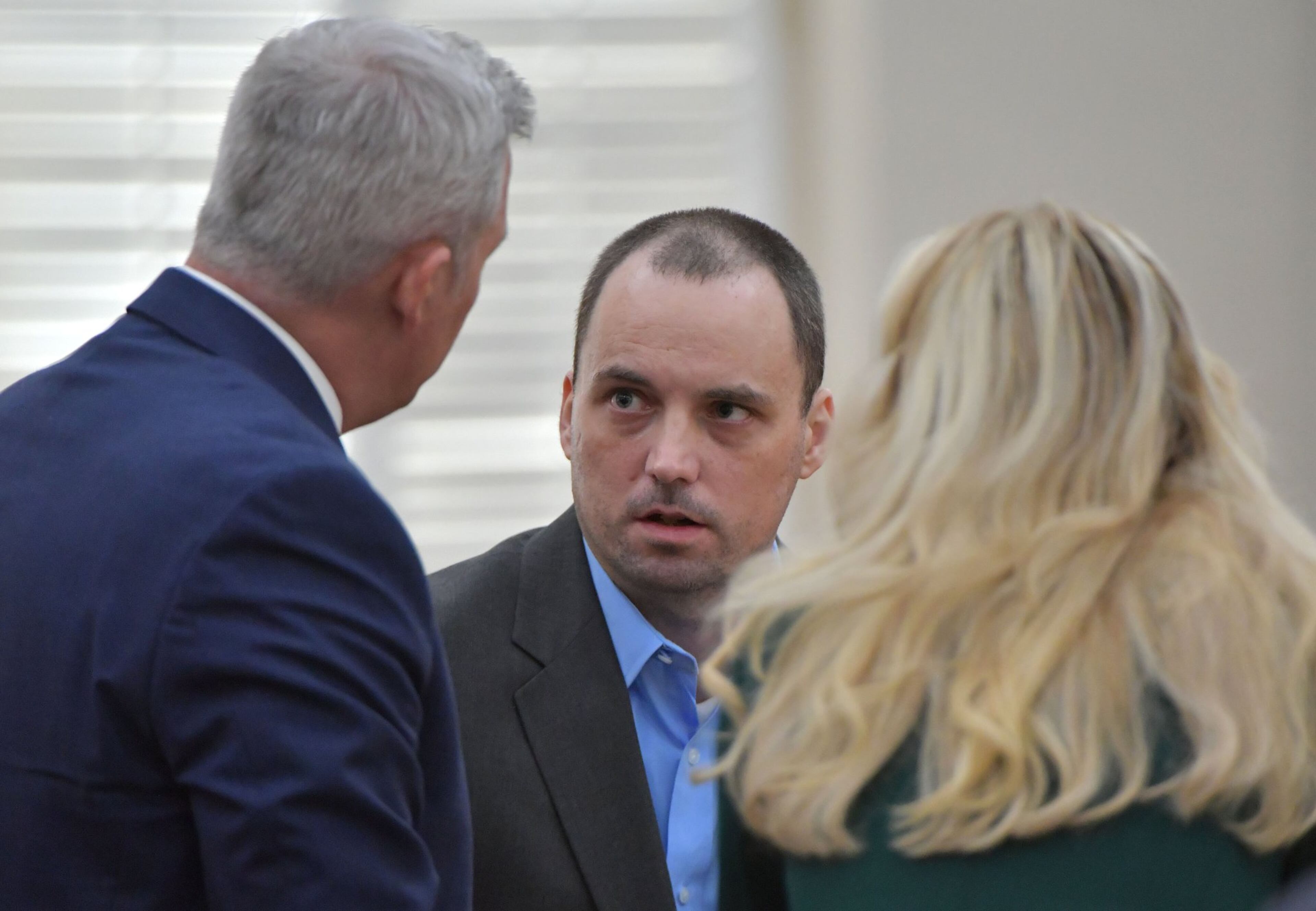LATEST NOW: Court rules Tara Grinstead’s murder trial can move forward

The Georgia Supreme Court on Monday allowed Ryan Alexander Duke’s trial for the alleged murder of a South Georgia beauty queen to go forward.
In a unanimous decision, the court declined to hear a pretrial appeal that contended Duke was wrongly denied funds to hire expert witnesses to challenge forensic evidence that will used against him. The court's justices, however, have strongly suggested that the trial judge in Duke's case should allow this issue to be considered before Duke goes to trial.

Duke had been scheduled to stand trial in the highly-publicized case on March 4. Tara Grinstead, 30, was reported missing in October 2005 when she failed to show up to teach history at Irwin County High School. Duke was not arrested in her death until February 2017.
Last summer, Duke decided not to have a public defender represent him and retained John and Ashleigh Merchant, a husband-and-wife team of lawyers from Marietta, as well as Atlanta lawyer Evan Gibbs. They are representing Duke pro bono — or free of charge.
The defense team asked Irwin County Superior Court Judge Bill Reinhardt to approve funds for expert witnesses. Even though he found Duke could not afford to pay for the experts and concluded their assistance was needed to mount a proper defense, Reinhardt denied the request.
Under Georgia law, defendants can appeal a pretrial ruling only when they get the trial court judge’s permission. When Duke’s attorneys asked Reinhardt to allow an appeal, he denied that also.
Duke's legal team then asked the state Supreme Court to hear the appeal anyway. They relied on a 19-year-old precedent in which the high court said it could consider pretrial appeals "of great concern, gravity and importance to the public" even in the absence of a trial judge's permission. In their decision on Monday, the justices overruled that precedent, saying it had been wrongly decided.
The General Assembly gave judges the authority to decide what can or cannot be appealed, and the state Supreme Court must follow that directive, Justice Charlie Bethel wrote for the majority.
The only exception, Bethel wrote, is when a pretrial ruling could deprive a defendant’s right under federal law or the Georgia Constitution. In Duke’s case, if he is convicted at trial, he can still challenge Reinhardt’s denial of expert witness funding in his post-trial appeal, Bethel noted.
The case now returns to Reinhardt. In May, during oral arguments, several justices suggested Reinhardt should have allowed the pretrial appeal to be heard. If Duke goes to trial without the expert witness funding and is convicted, that conviction could be overturned and the case would have to be tried all over again, justices said.
Ashleigh Merchant said she will ask Reinhardt to reconsider his decision to deny the appeal.
“Hopefully, he’ll now agree,” she said. “Ryan needs these funds for a fair trial. And nobody wants to go through a trial twice.”
In a footnote to Monday’s ruling, Bethel appeared to tell Reinhardt he may want to allow the pretrial appeal. The issue of expert witness funding for a defendant being represented by pro bono lawyers appears “to present difficult, complex and important constitutional questions for which there is no controlling legal precedent,” Bethel said.


